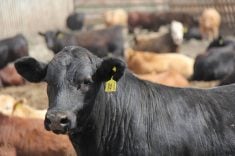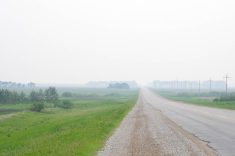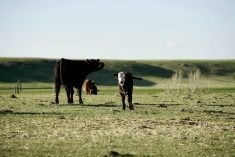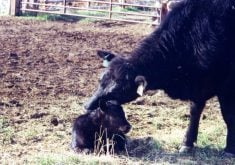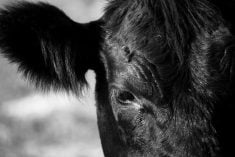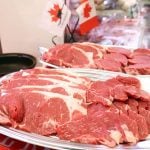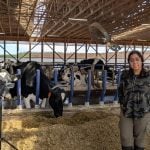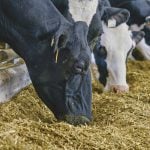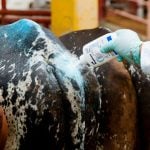Animal welfare is instinctive for veterinarians. While not always transparent, animal welfare has been an integral part of veterinary education and daily life in practice from the very beginning. It is the real reason many pursue veterinary medicine as a career.
As society alters its attitude about animal care, veterinarians have much to do to heighten public awareness about their role in animal welfare. In the words of Dr. Bonnie Beaver, professor, Texas A and M University, and diplomate of the American College of Veterinary Behaviorists, “It is our charge to serve the public. That demand continually positions veterinarians as the ‘go to’ profession interfacing between scientists, producers and the general population.”
Read Also
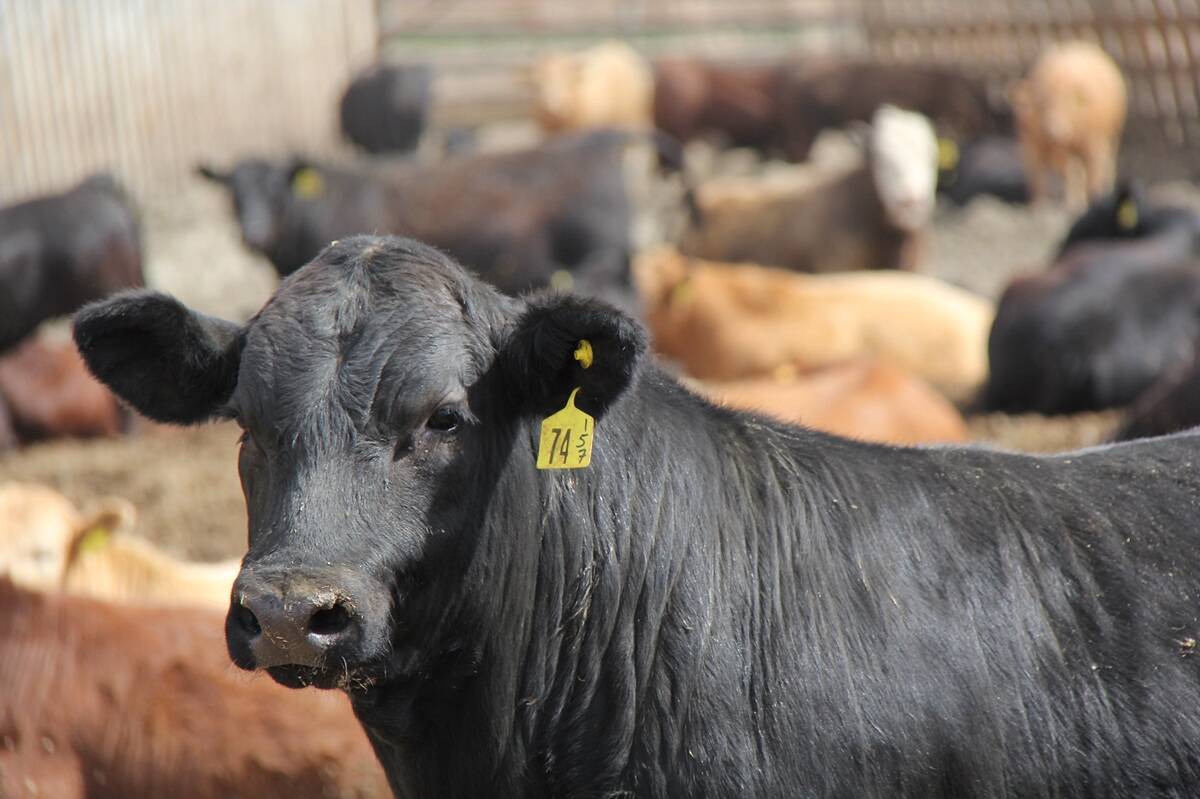
Mycoplasma bovis in beef cattle causes more than pneumonia
M. bovis causes pneumonia and is a major cause of infectious arthritis in calves and feeder cattle
Somewhere less than two per cent of North Americans are involved in primary agriculture. It is generally recognized that more than 95 per cent of the population is at least three generations off the farm. A high percentage have never seen a live cow, chicken or pig. The disconnect between what the public thinks and reality should not be a surprise. The majority of consumers view beefsteak as a commodity from the meat counter, not cattle grazing contently on lush pastures, or a steer in a feedlot thousands of miles away.
How the profession responds will impact its long-term ability to lead the charge in animal welfare. Non-science-based groups such as animal activists and humane organizations claim they know what’s best. Relationships forged between industry and the veterinary profession are often openly criticized as being self-serving.
The majority of the applicants seeking entry into veterinary colleges today come from the “three generations off the farm” category of students. The approach to educating undergraduates about animal welfare in an already crowded veterinary curricula has been difficult, but is slowly changing, as is the uptake of animal welfare’s importance as a component of large-animal practice. Less than one-third of faculty members teaching animal welfare in veterinary schools are veterinarians.
There is little doubt that the science is incomplete about many aspects of animal welfare. At present there are missing links between the ability to scientifically assess animal welfare objectively and underlying ethical issues. This lack of key scientific information often overrides the logical explanation of how we use animals.
The veterinary profession’s responsibility in promoting and assuring the health and welfare of animals is incontestable. Health and welfare simply cannot be viewed as separate issues. Inherent in the training they receive, veterinarians must assume the important role of providing expertise and knowledge to a wide range of people including the general public, the livestock industry and policy-makers.
In 2011, the European Commission and Federation of Veterinarians of Europe organized the first regional workshops on animal welfare dedicated to the veterinary practitioner.
The workshops provided veterinarians with a deeper understanding of animal welfare, applicable animal welfare legislation, critical welfare issues and species-specific welfare assessment protocols.
The challenge today is that the parameters we use to gauge production often have little validity to consumers in terms of how welfare affects the quality of the products they buy. Their measures of quality are things like animal health, animal behaviour and physiological responses to the environment in which animals live, and all of these are time consuming to measure and require special skills and knowledge to assess.
Being able to accurately assess health, behaviour and the body’s response to the way animals are cared for will become a part of animal welfare labelling. Developing the ability to classify welfare against measurable standards will ultimately translate into transparent and reliable information for use by an industry under unrelenting scrutiny.
Animal-based welfare measures regardless of species must be scientifically sound, measurable and feasible.
European welfare assessment protocols are based on 12 criteria that can be objectively measured. For example, nutrition is assessed using body condition scoring and measuring the physical placement of water sources. Housing conditions are assessed based on thermal comfort, the ability to rest comfortably and ease of movement. Absence of pain induced by management procedures, absence of disease and absence of injury become measurable health parameters. Objective methods of measuring behaviour have been built around the ability to express appropriate social behaviour, a positive emotional state and appropriate human-animal relationships.
Markets for food derived from animals are about to be governed by animal welfare standards developed by both private and public sectors. Industry initiatives like Codes of Practice specific to individual sectors and Canadian Livestock Transport certification training programs have been a major step forward for animal welfare. Development of objective techniques to assess welfare will be the next important achievement. The veterinary profession finds itself at a critical junction in becoming eager players, educators and advocates for animal welfare. Involvement of those specifically trained in all aspects of the well-being of animals is part of gaining what has been dubbed the social licence for industry to operate. The public’s trust that we are doing things right is golden.
— Dr. Ron Clarke prepares this column on behalf of the Western Canadian Association of Bovine Practitioners. Suggestions for future articles can be sent to Canadian Cattlemen ([email protected]) or WCABP ([email protected]).



